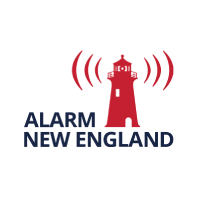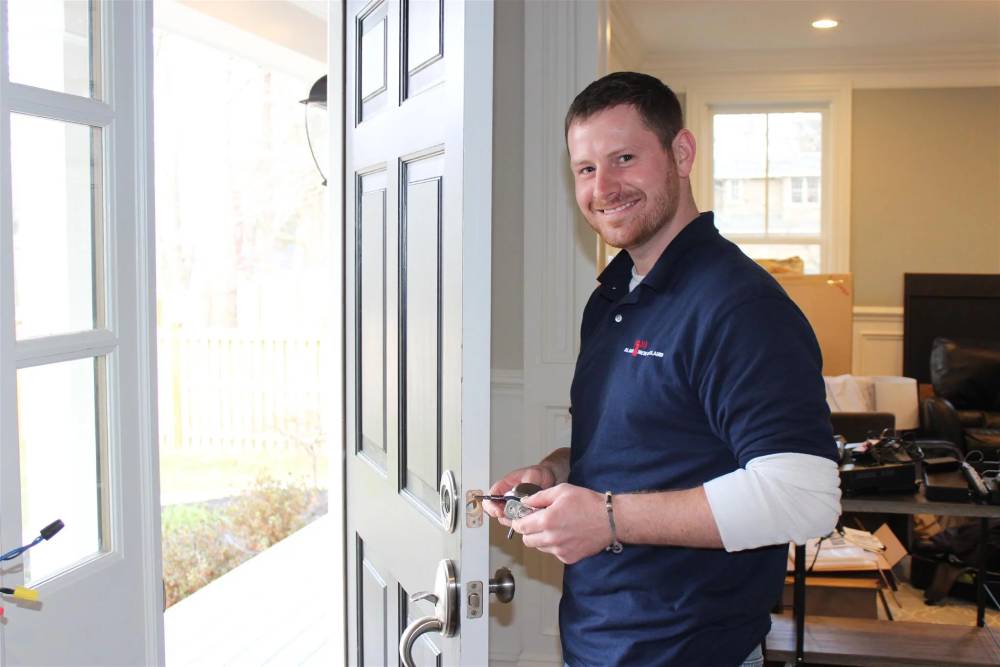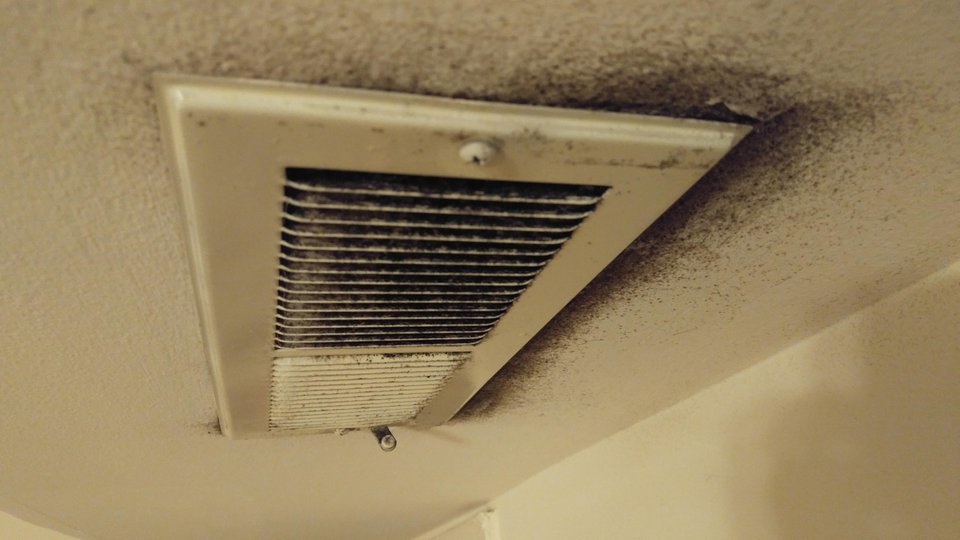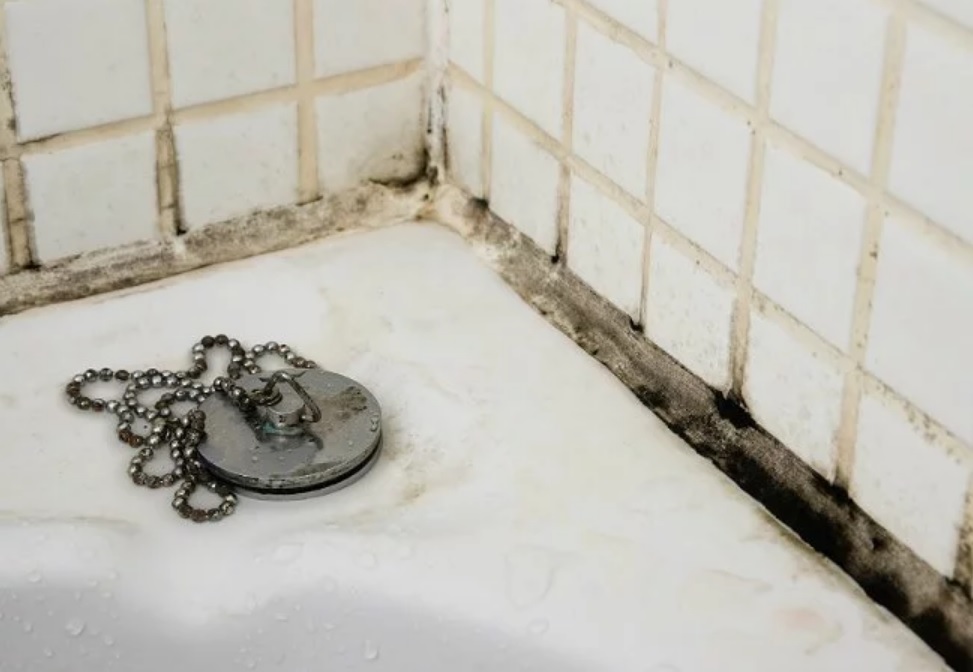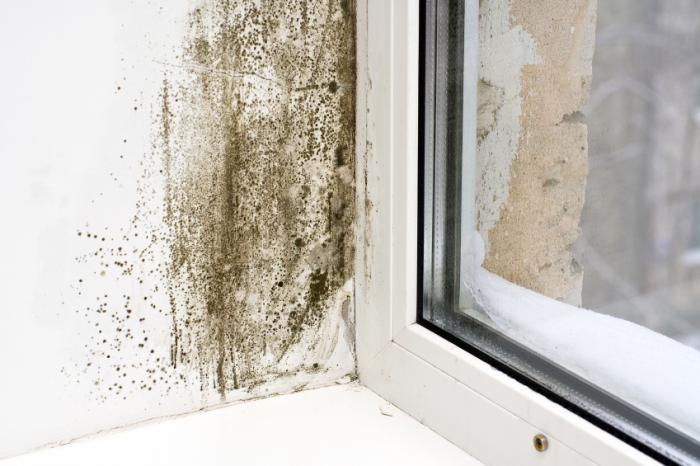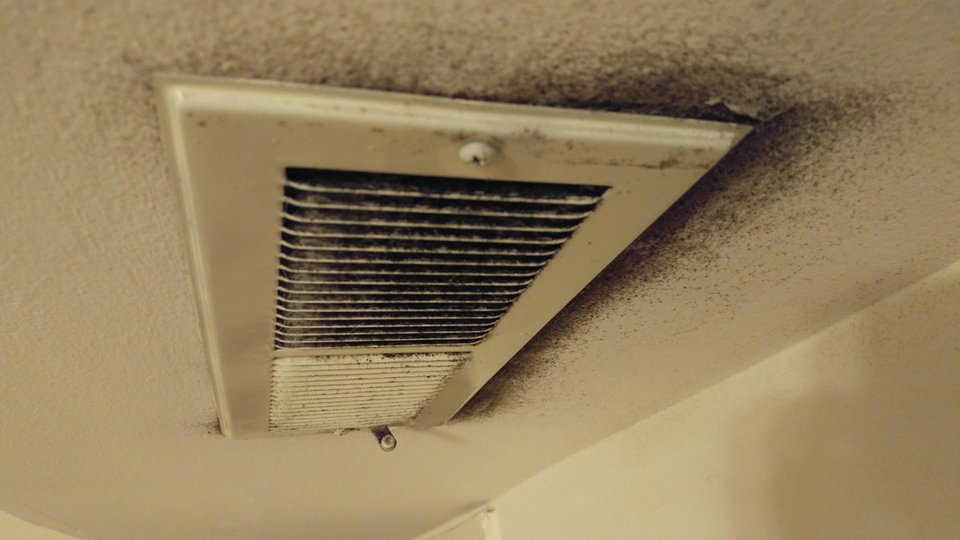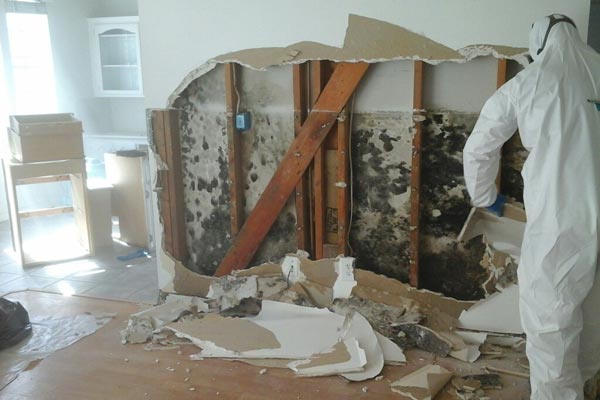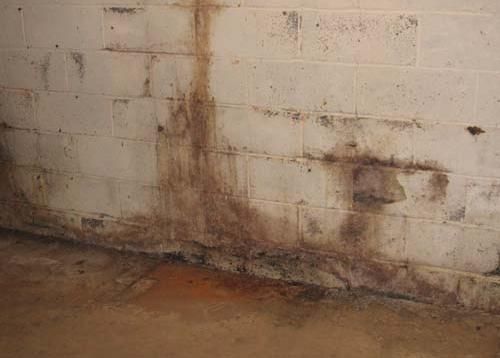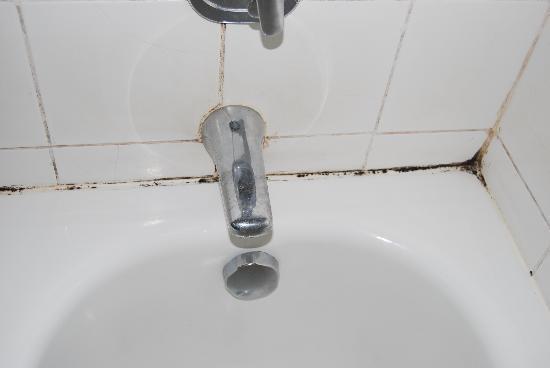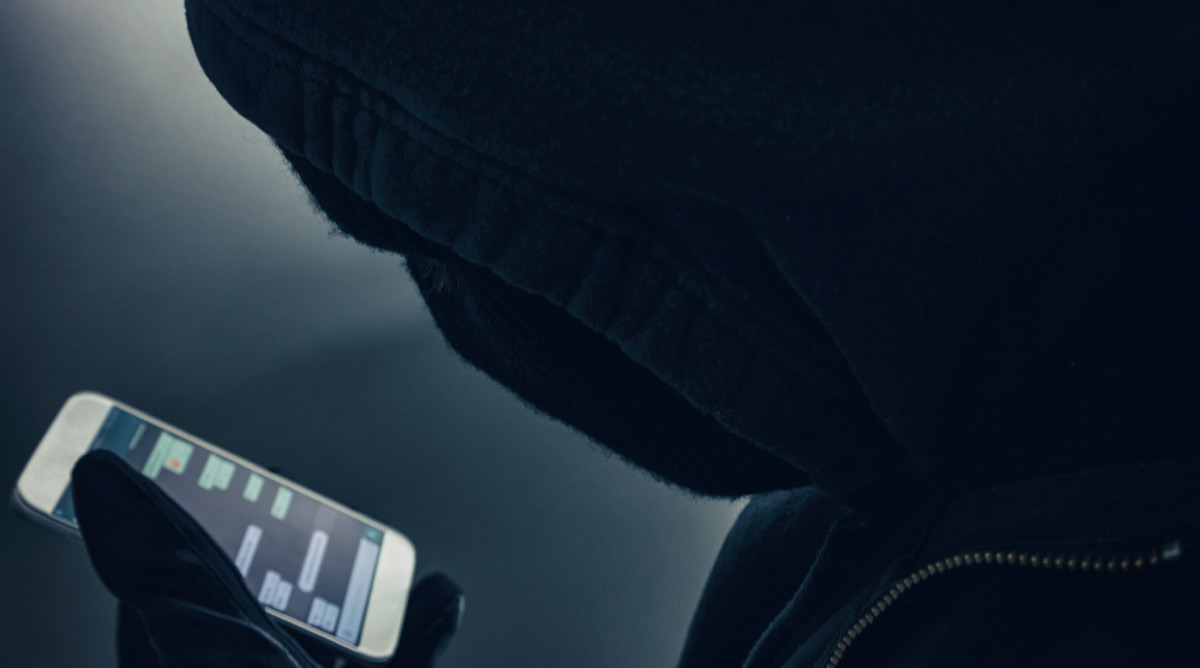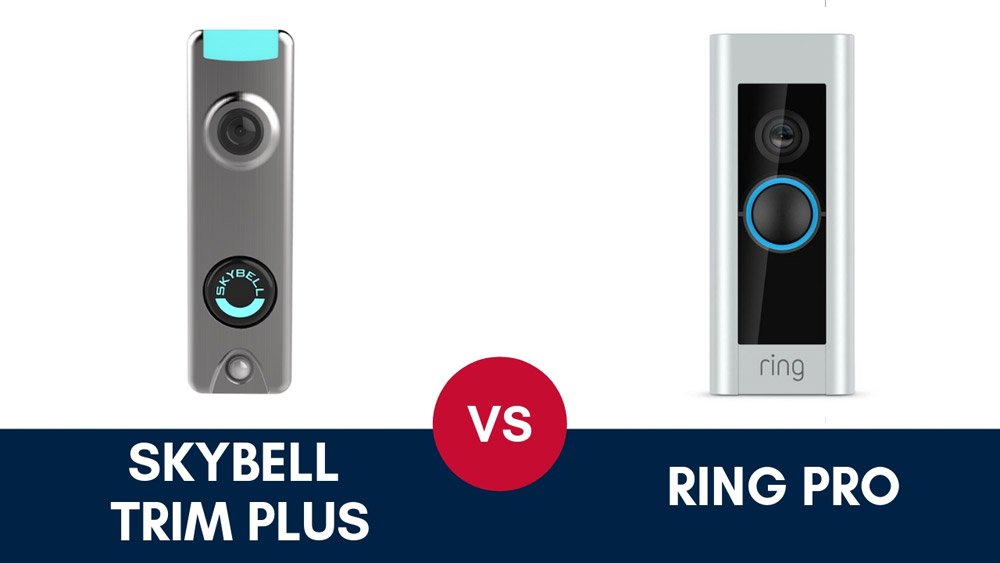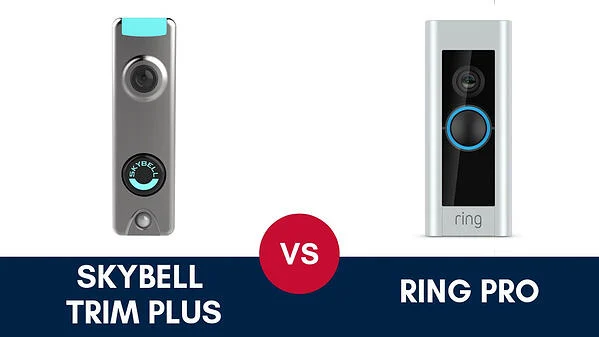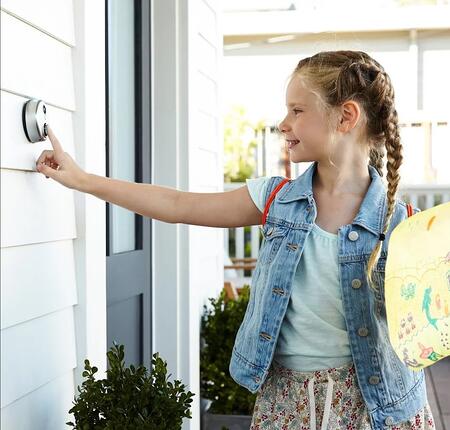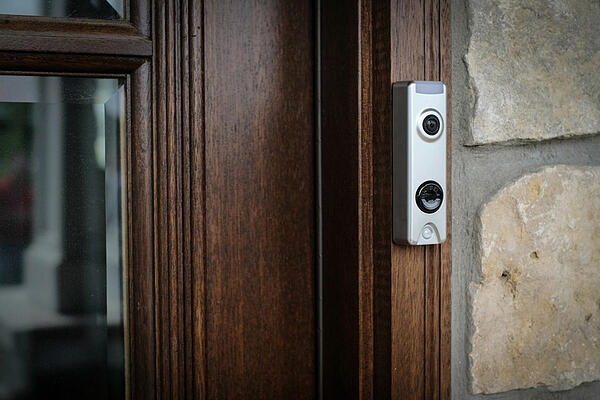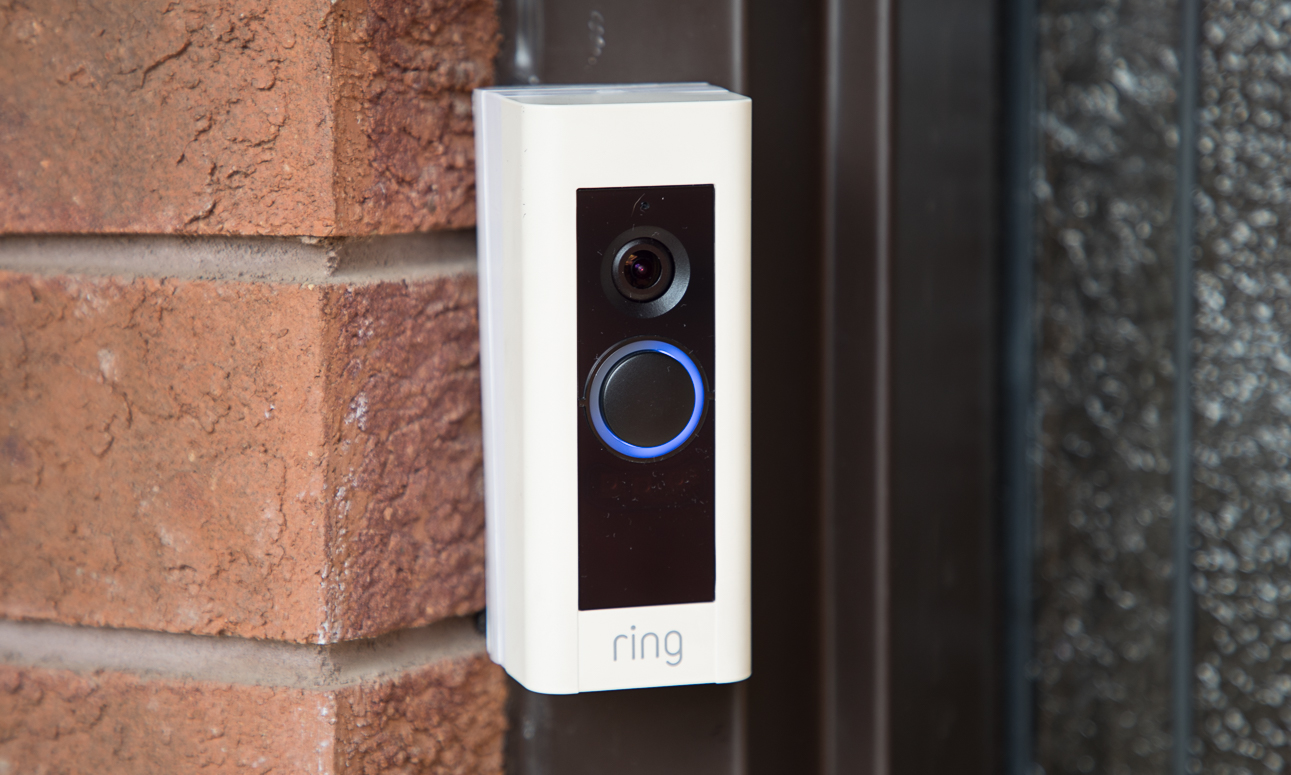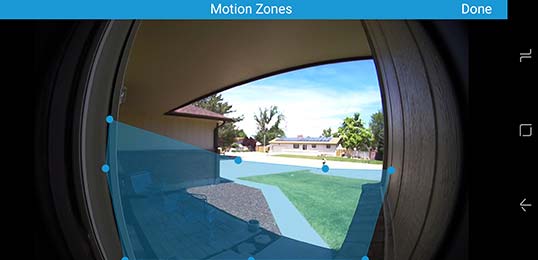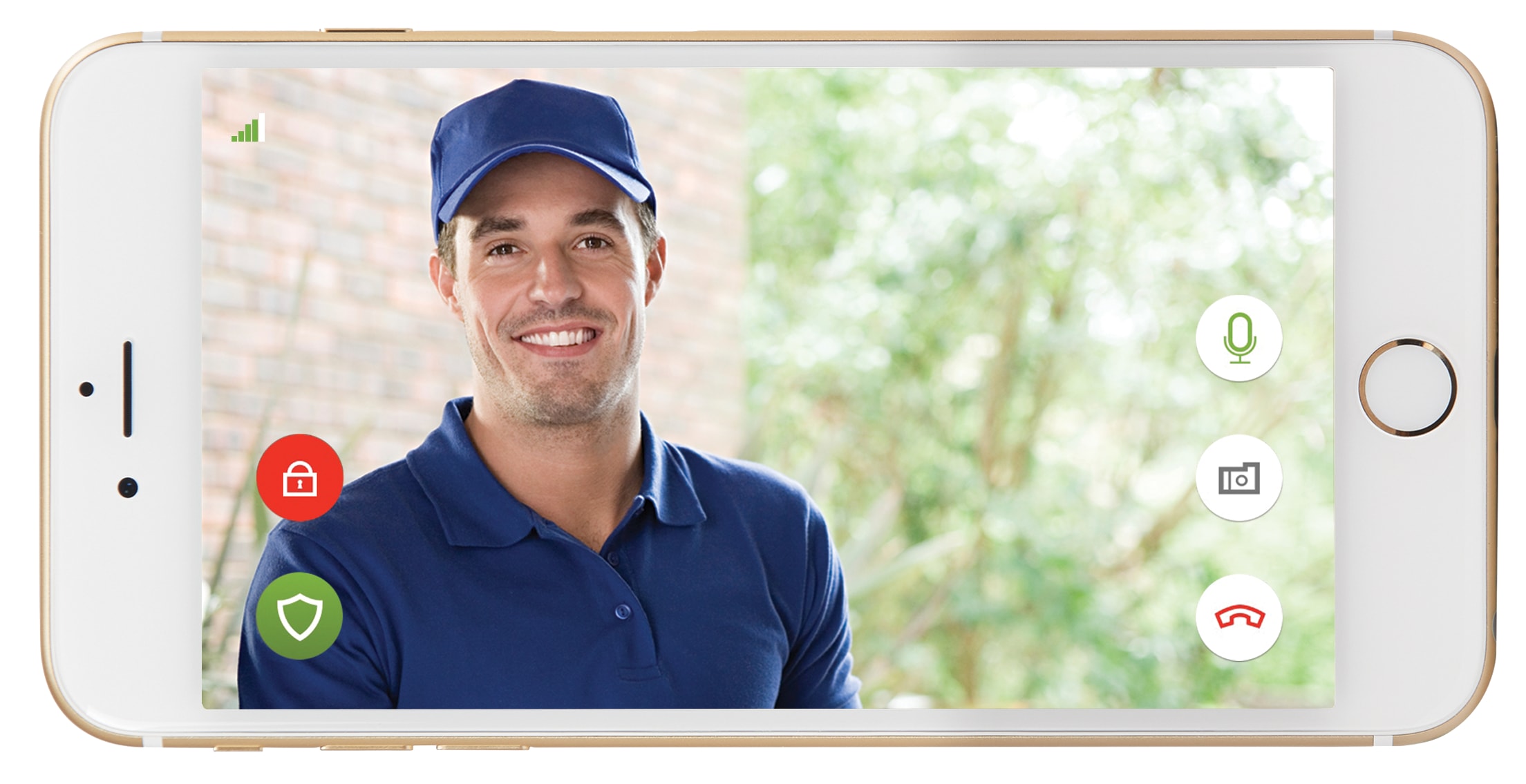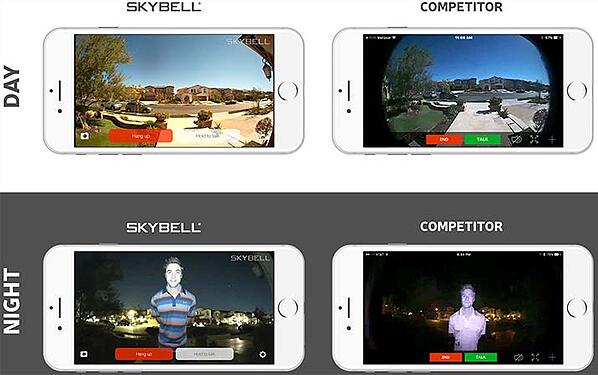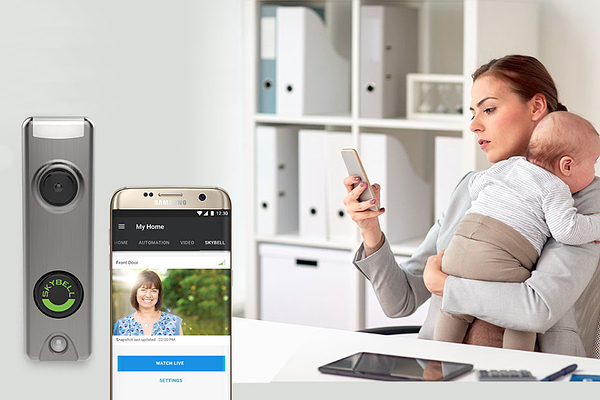Do you wish your home security system had more smart home features, like controlling the thermostat from an app, turning on lights, or seeing video footage of the goings-on around your home?
Do you wonder why you’re paying high monthly fees and getting terrible customer service from your current alarm system monitoring company?
You deserve better. And it’s out there.
SWITCH TO ALARM NEW ENGLANDDepending on the manufacturer of your security equipment, other companies may be able to monitor your alarm system even if they weren’t the original installers. Alarm monitoring using your existing system? You’ll find it here. This blog post will guide you through the process of switching alarm monitoring companies.
When You Can Reuse Your Current Security Equipment
If you’ve decided to switch alarm monitoring companies, you first need to determine whether you can reuse your current security equipment or whether you’ll need to install a new system. In most cases, it’s fairly straightforward to use your existing security system and switch to a new alarm monitoring company.
Switching to a better home security monitoring service is called a system takeover. The benefit is that—if it’s relatively modern and compatible—you can keep the equipment you already own rather than buy a completely new system.
How does a home security system takeover work?
If you’re considering a system takeover, first schedule a time to speak with your new alarm monitoring company over the phone so that their employees better understand how they can help.
For example, when you call Alarm New England, the main details we’ll go over are the layout of the property, the type of equipment currently in place, and if you want to add anything onto the system.
Let’s say you live in a small apartment in downtown Boston on the ground floor with a main entry door, a glass sliding back door, and six windows. In which case we’d probably recommend two door sensors, two or three glassbreak detectors depending on the location of said windows, and eight window sensors.
Once we get a good sense of your situation, we’ll send one of our trained technicians to your home to assess your equipment. In many cases, we can switch you over for minimal upfront cost, depending on if the system needs an extra part to function correctly or if you’d like to add on to your system.
If your system is quite old, we recommend you replace the main brain of the system altogether so that you can upgrade it to be compatible with the latest smart home security.
To help you save, we’ll give you a free video doorbell camera with your security system when you design your system with us over the phone or on our website.
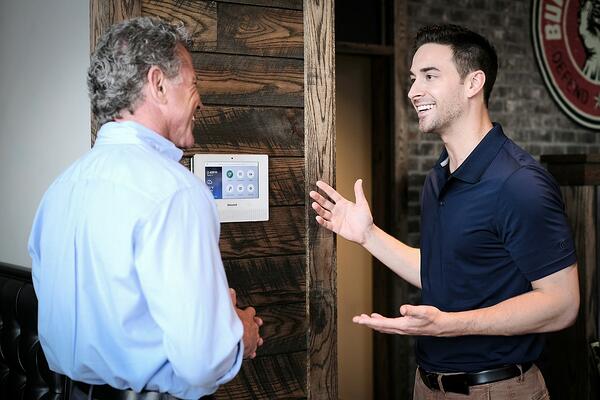
With over 50 years of experience serving residents and businesses in Massachusetts, Connecticut, and Rhode Island, we know the importance of building strong relationships with our customers that last many years. Our goal is not to sell you equipment you don’t really need, but to make sure you are properly protected and that your system can communicate with our alarm monitoring service in an emergency.
If we exhaust all other avenues to get your current system to communicate reliably with our central monitoring station, we’ll suggest equipment options tailored to your New England home and lifestyle and give you time to consider them.
If we can’t take over your system for whatever reason and you don’t want to replace the equipment, we’ll shake hands and be on our way.
SWITCH ALARM COMPANIES NOW!
When You Need to Replace Your Security System to Switch Monitoring Companies
Using your existing security system is ideal if the system is modern and compatible with your new alarm monitoring company. However, there are some cases when you’ll need to replace your entire home security system in order to switch to a new monitoring company.
1. Your alarm system is proprietary.
If your alarm system is proprietary, your system is programmed to function correctly only as long as you continue paying the original company that sold it to you.
For example, no other company can monitor a SimpliSafe, Cox, Brinks Home, or Xfinity Home system. These companies designed their equipment this way to make customers stay with them longer, because switching monitoring companies means hundreds of dollars down the drain and a huge headache for customers.
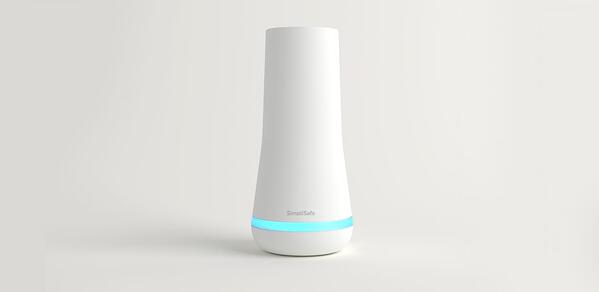
We know how expensive replacing proprietary technology can be. That’s why we only sell equipment that all alarm companies can monitor so that you can reuse the same system indefinitely. If you ever want more features, you can just add on individual pieces of equipment for a relatively low price.
2. Your alarm system is too old to provide adequate protection.
Many houses and apartments still use systems that were manufactured decades ago, severely limiting your options for sensors, security cameras, and smart home upgrades.
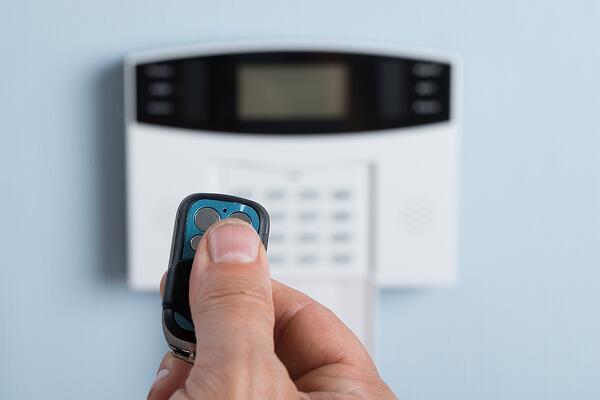
An outdated system also presents a security risk to you. Older equipment relies on landlines to communicate with the central monitoring station, and smart burglars will cut those landlines before breaking in. If your system is too outdated, we recommend replacing it to provide better security.
3. Your alarm company changed the installer code.
When our technicians reprogram the equipment, we need to punch in an installer code to access the back end of the alarm’s programming. We know the default codes, but if your alarm company changed the code, it’s much more difficult for us to reprogram your system.
It’s possible that even if your equipment is compatible, your previous alarm company has effectively locked out other companies from taking over your existing equipment.
If you find yourself in this situation, ask your previous alarm company for the installer code to see if they’ll provide it to you. If that doesn’t work, you’ll need to replace the equipment in order to switch to a new monitoring company.
4. Read your monitoring contract.
If you currently have a monitored system, you probably signed an agreement with the company stating that you’ll stay with them for a certain amount of time. You want to be sure you’re not on a contract when you make the switch—otherwise, you’ll have to pay more.
This contract is what enables many alarm companies to reduce the upfront cost of your equipment and let you pay off the difference over several months as part of the alarm monitoring agreement. (A contract of 36 months is the industry standard.)
If you can’t find your contract, ask your alarm company to send over a digital copy via email or a physical copy to your mailbox.
When reviewing your current alarm monitoring contract, take note of the following:
- Expiration date
- Renewal (is it automatic?)
- Early contract cancellation fees or penalties
5. Find a local alarm monitoring company.
Local monitoring matters.
Ask anyone who’s shopped around at multiple alarm companies and tested them out. They’ll say the same thing: Go local.
Whenever you buy professional-grade home security systems, you want the reassurance that customer service will be able to help you if things don’t work as they should. You want customer service that treats you as valued individual, not a number.
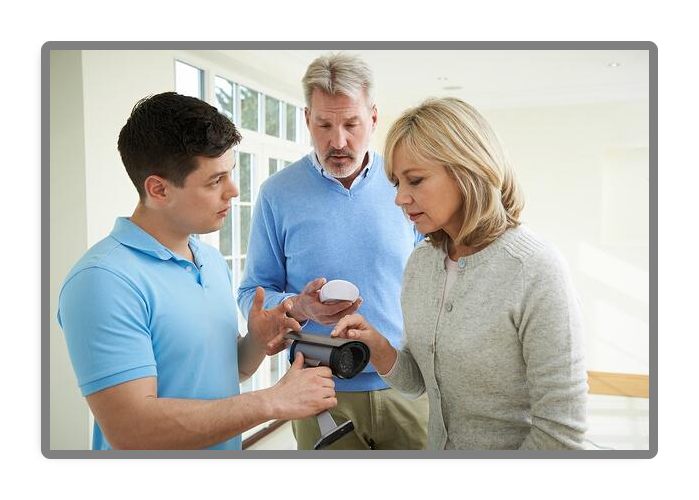
As you search for a new local alarm company, consider these three factors:
- Where is it based? Does the company handle its own monitoring, or does it outsource it? Is the company locally based?
- Call the company. Does the company answer the phone immediately, or are you pushed into an automated system without an option to speak to someone?
- Read the reviews. Reading customer reviews is a valid way to evaluate what current and past customers are saying about the experiences they had working with the company.
You should also ask these questions about any potential alarm monitoring company:
- How much will you have to pay per month?
- How long does the monitoring contract last?
- Can the company walk you through any additional fees in addition to the upfront equipment costs and monitoring subscription?
- What certifications does the central station have? Will you ever need to contact it for any reason?
- Can you reuse your equipment with another alarm company?
6. Contact your new alarm company.
Once you’ve found the right security monitoring provider, get in contact via phone or email.
Schedule an appointment with your new provider. If you know what system you currently have installed, it’s easy for the security provider to know whether they can simply reprogram it or if it will need a new panel.
Check for an insurance discount. Many insurance companies understand the value of having a home security system and offer discounts for homeowners who install monitored security systems.
Call your insurance provider to find out how much of a discount they offer for a monitored security system. Your savings could be as high as 15-20 percent when you have a burglar and fire alarm system monitored by a UL-Listed central monitoring station.
Finding the Right New Alarm Monitoring Company
Finding a local alarm company may take a bit more work on your part, and many people settle for using a larger national brand. But the effort can be well worth your time.
In large cities like Boston, it’s easy to find local providers in your area using services like Yelp or Google Maps. Conveniently, these services also feature customer reviews to help you narrow down your search and save time.
Rather than pay inflated prices to support national advertising and marketing costs, you may find that you can get superior service, top-of-the-line equipment, and local monitoring from a local provider.
If you want the best security company in your area, we encourage you to shop around and ask your sales rep the right questions. Spending those few extra minutes to understand your security company will save you a lot of headache and disappointment down the line.
More Questions About Alarm Companies?
Want to learn more about security systems before you make a decision? Contact us at 857-445-4010 and we’ll answer any questions you have.
SWITCH TO ALARM NEW ENGLAND